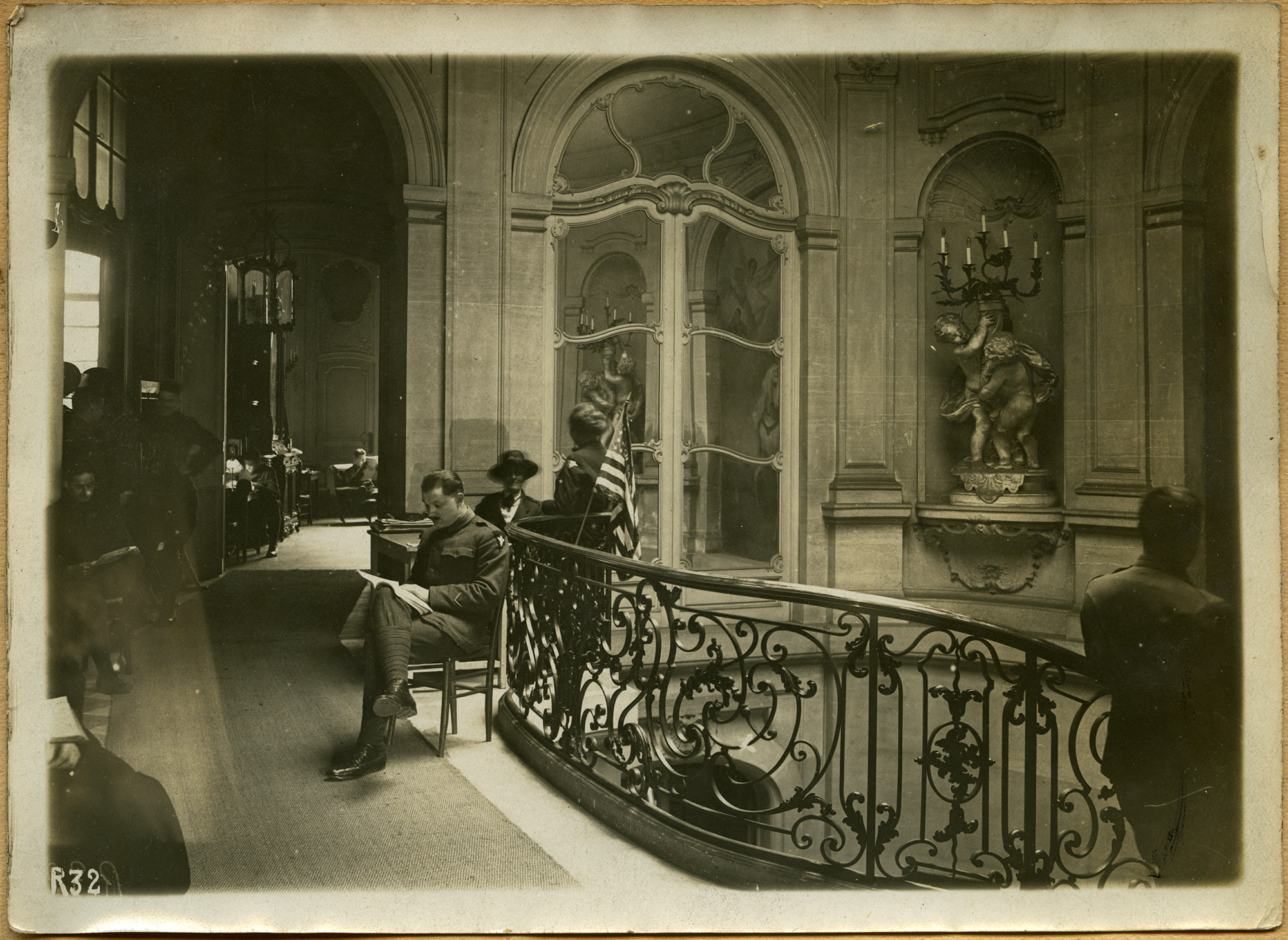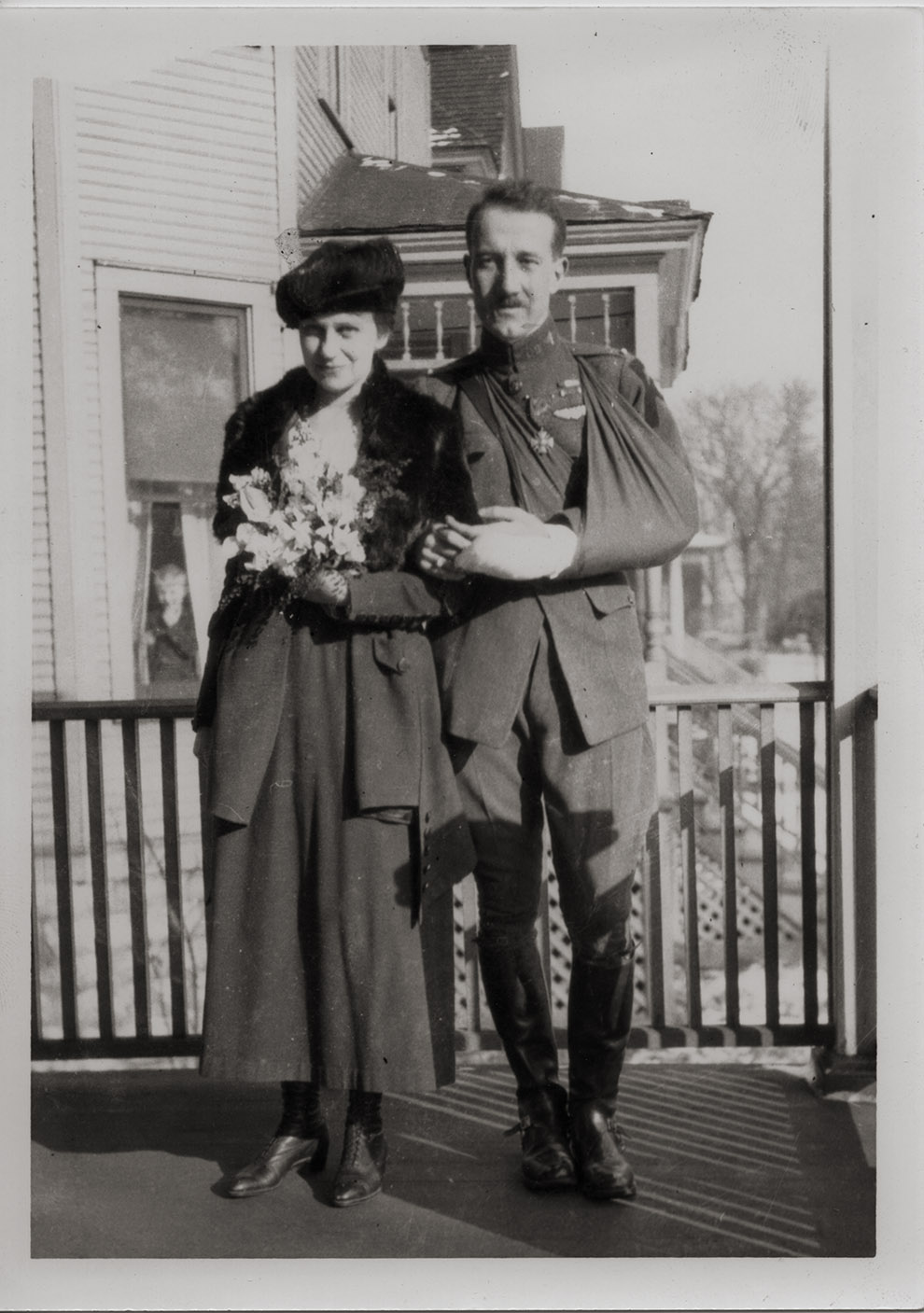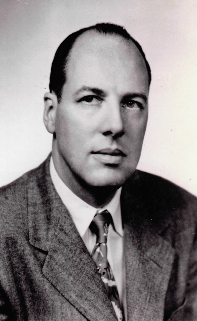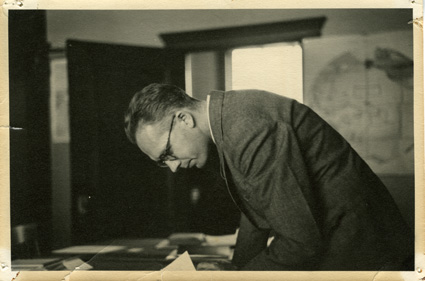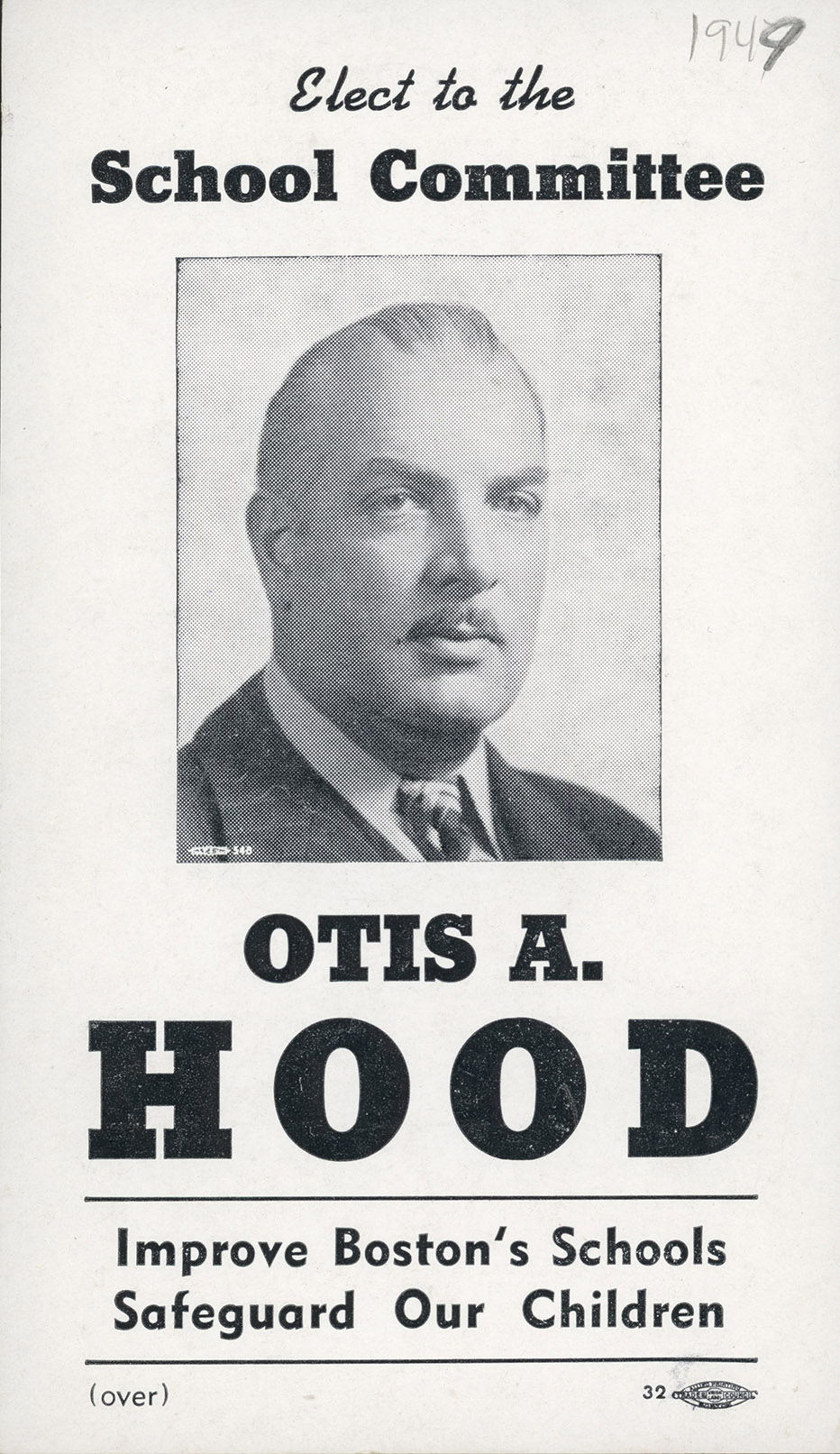Barrie B. Greenbie Papers
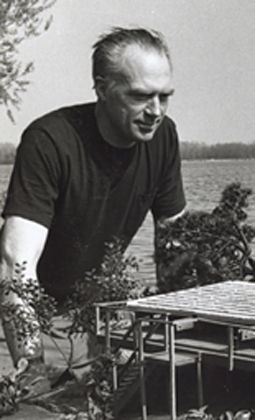
Barrie Barstow Greenbie was a key member of the Department of Landscape Architecture and Urban Planning at UMass Amherst from 1970-1989. In a long and remarkably diverse career, Greenbie worked as an artist with the Works Progress Administration, as a soldier and journalist, as a professor of theater, an architect, inventor, author, and landscape planner. After earning a BA in drama from the University of Miami (1953), he worked for several years in the theatre program at Skidmore College. While there, he added architecture to his array of talents, designing the East 74th Street Theater in New York in 1959, and founded a company to produce a “self-erecting” building designed to substitute for summer tent theaters. Two years after joining the faculty at UMass in 1970, he completed a doctorate in urban affairs and regional planning at the University of Wisconsin and continued with a characteristically broad array of creative pursuits, designing the William Smith Clark Memorial, among other things, and conducting an extensive aerial survey of the landscapes of the Connecticut River Valley. In monographs such as Design for Diversity and Spaces: Dimensions of the Human Landscape, Greenbie examined the interactions between humans and nature. He died at his home on South Amherst in 1998.
The Greenbie Papers document a long career as academic, writer, artist, architect, and theatrical designer. Of particular note is the extensive and engrossing correspondence, which extends from Greenbie’s years as a student at the Taft School in the late 1930s through his World War II service with the Sixth Army in the South Pacific and Japan, to his tenure at UMass Amherst (1970-1989). The collection also includes a small but interesting batch of correspondence between Greenbie’s parents (1918-1919).


